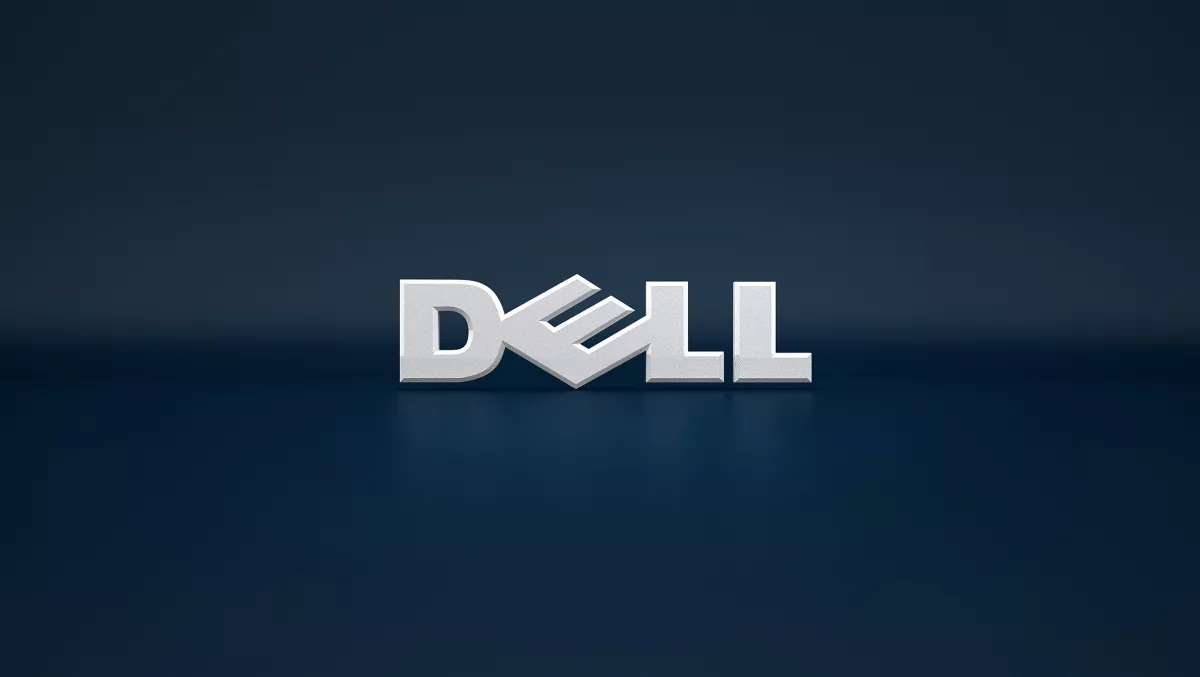
Waiting until the Dell dust settles?
Dell is diving head first into a new era in the IT industry, but will going private generate uncertainty for CIOs?
When a company jumps the public ship for private waters, the implication is a shift in strategy and approach - but do organisations have the luxury of waiting around to find out?
Ovum's chief IT analyst Carter Lusher believes the move makes strategic sense, with Michael Dell seen to be following a straightforward goal for his company.
“Dell is in the midst of a wrenching transition from a supplier of commodity hardware, mainly traditional PCs, to being a supplier of enterprise-grade IT infrastructure," he says.
"Dell’s ambition is nothing less than offering the entire IT stack with supporting services."
Yet Dell's weakened position in the market could also act as a catalyst for the quick thinking CIOs, who could demand discount and cheaper rates from the company.
“Just because something has been signed, doesn’t mean it can’t be renegotiated," Lusher agrees.
”Today’s CIO, even if they are committed to a particular vendor, has a lot more negotiating power.”
The power of negotiation appears evident as companies may well feel the need to refrain from Dell purchasing until the air clears and a transparent vision for the firm is established.
"A significant risk likely to face Dell during this transition is that enterprises and public sector organisations cut back on their purchases “until the dust settles," Lusher says.
“The implication of going private is that Dell is planning radical changes to its strategy and product roadmap.
"While the company might come out of this transition stronger with a product lineup that better meets the needs of businesses and public sector organisations, there will be uncertainty as to what products and services stay, get strengthen, or get eliminated."
As always the case with big, unfavourable announcements, Dell's phone lines were unsurprisingly busy this morning, although responses were scarce.
But while hearing it from the horse's mouth adds credence to any debate, the average man walking down the average street would recommend CIOs assess the importance of Dell products within their business and determine the probability Dell will drop it.
Switching to another vendor is no big deal for most companies, with HP and IBM no doubt lurking in the bushes for any defectors.
But evaluating the risk of Dell's changes, against the time period in which they will occur will be the key questions New Zealand users will need to ask.
How will the changes at Dell affect your company? Tell us your thoughts below

